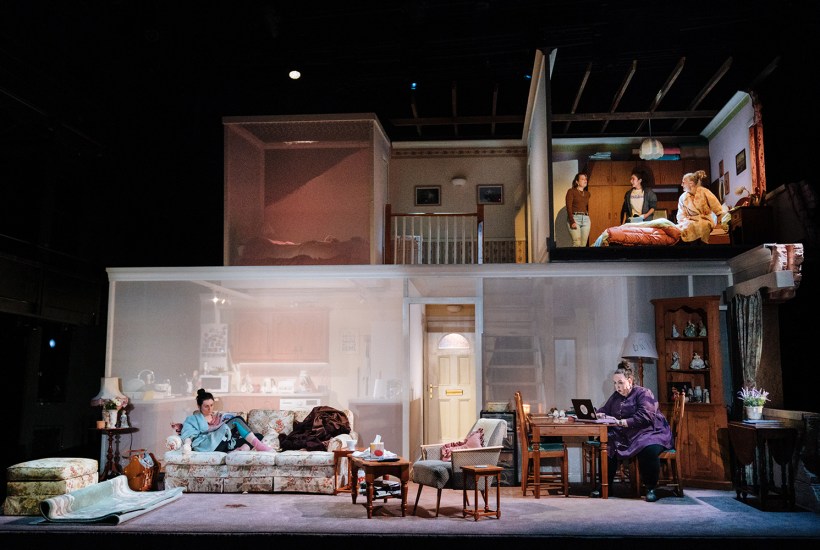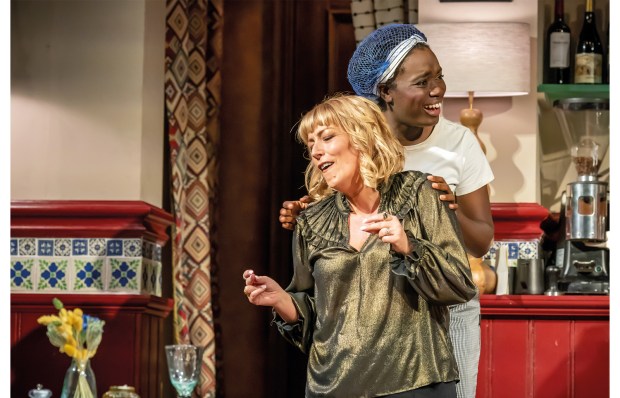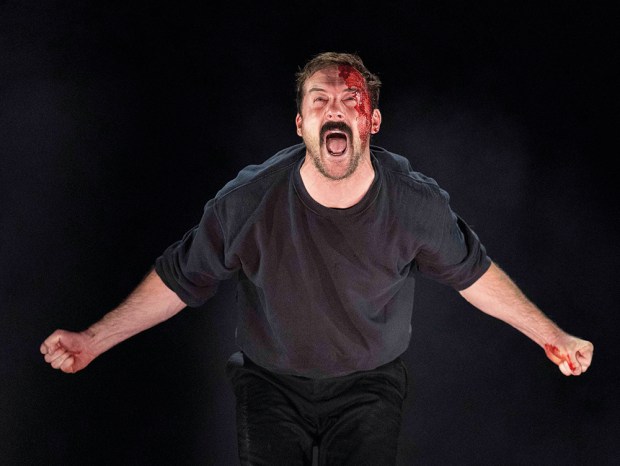Dixon and Daughters is a family drama that opens on a note of sour mistrust. We’re in a working-class home in Yorkshire where a vituperative old crosspatch, Nan, has just returned from prison. Rather than accepting her daughters’ friendly welcome she treats them all with open hostility.
Her first malevolent act is to try to evict Julie, even though her boyfriend has subjected her to horrific and repeated violence.
Already a subscriber? Log in
Subscribe for just $2 a week
Try a month of The Spectator Australia absolutely free and without commitment. Not only that but – if you choose to continue – you’ll pay just $2 a week for your first year.
- Unlimited access to spectator.com.au and app
- The weekly edition on the Spectator Australia app
- Spectator podcasts and newsletters
- Full access to spectator.co.uk
Or
Unlock this article
You might disagree with half of it, but you’ll enjoy reading all of it. Try your first month for free, then just $2 a week for the remainder of your first year.














Comments
Don't miss out
Join the conversation with other Spectator Australia readers. Subscribe to leave a comment.
SUBSCRIBEAlready a subscriber? Log in